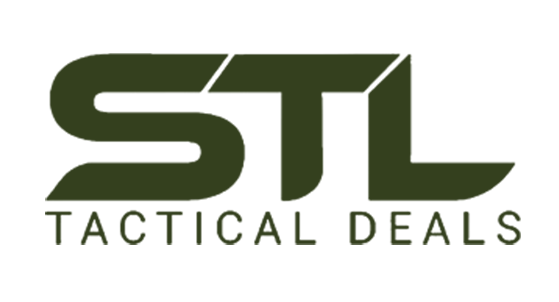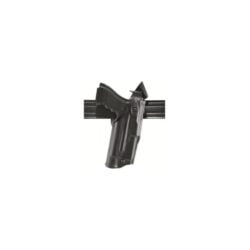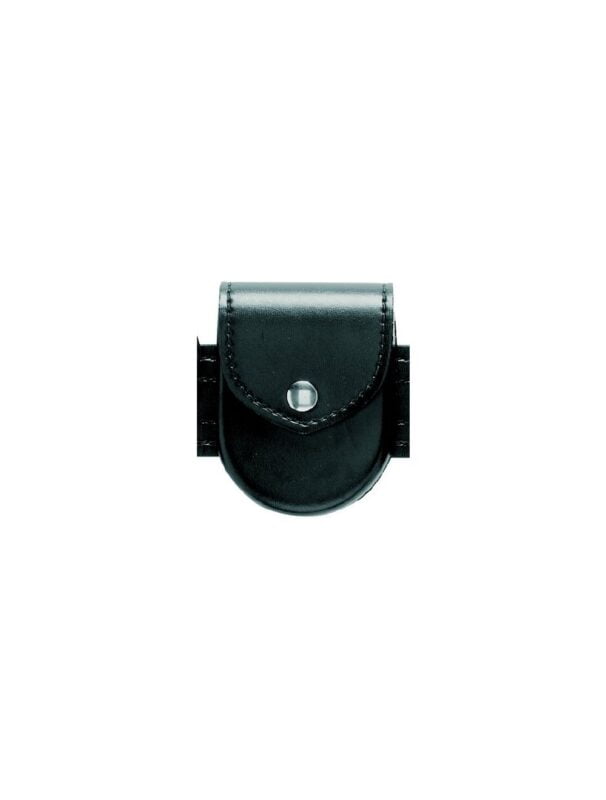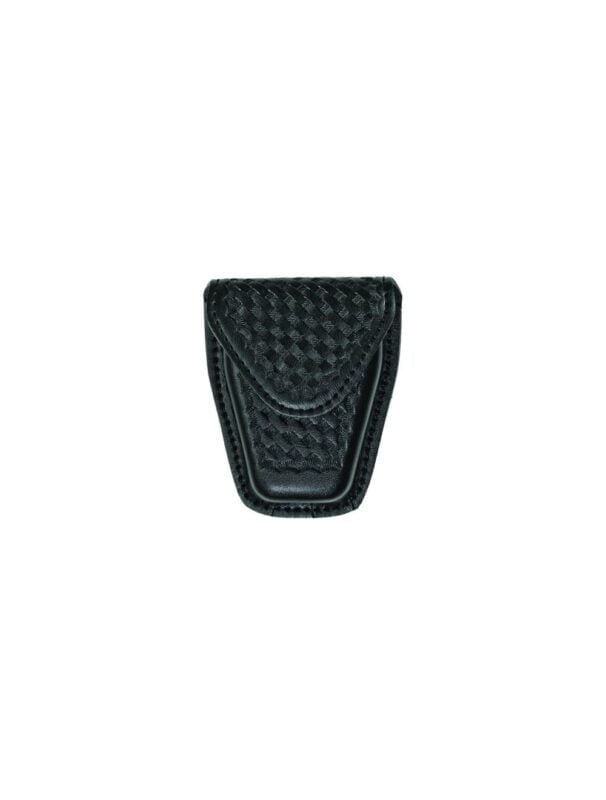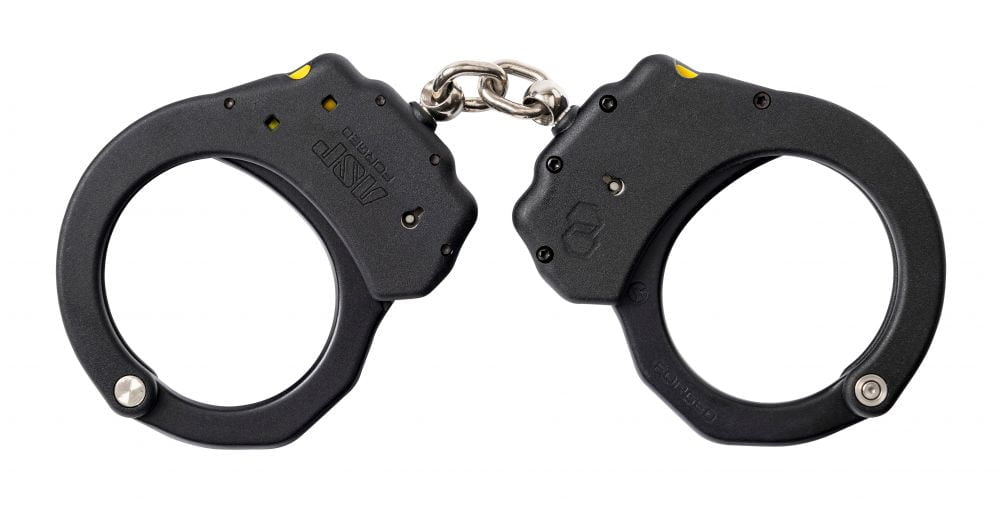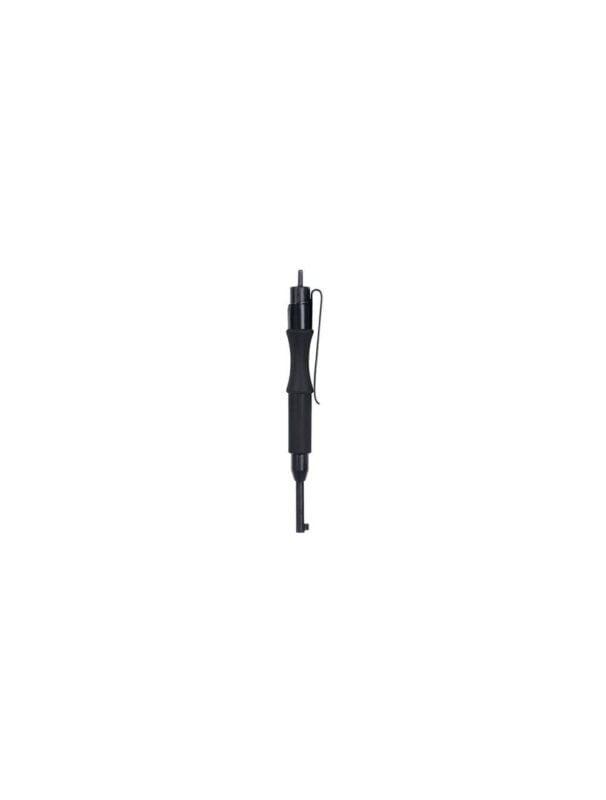Filter by price
Filter by color
Top rated products
Restraints, often seen in the hands of law enforcement and security personnel, play a crucial role in ensuring safety and control. They’ve been around for centuries, evolving with time to meet the demands of modern society. Whether you’re a professional in the field or someone who values personal safety, understanding the world of restraints can be both fascinating and essential.
Handcuff
The handcuff is the most iconic type of restraint. It’s a pair of locking bracelets, usually made of metal, designed to secure an individual’s wrists close together. They ensure that the person wearing them has limited hand mobility, making it difficult for them to resist or escape.
Types of Restraints/Handcuffs
Chain Handcuffs:
The most traditional form of handcuffs, chain handcuffs have a chain connecting the two cuffs. This design allows for some movement of the wrists, but it’s limited. They’re typically made of durable metals like stainless steel and are widely used by law enforcement agencies worldwide.
Hinged Handcuffs:
Offering a higher level of security compared to chain handcuffs, hinged handcuffs have a solid hinge connecting the two cuffs. This design restricts wrist movement even further, making it harder for an individual to manipulate or escape from them.
Plastic Restraints (Flex Cuffs):
Flex cuffs are disposable restraints made of heavy-duty plastic. They’re often used in situations where multiple arrests are expected, like during mass protests. While they’re strong and can effectively restrain an individual, they’re typically used for short-term scenarios due to their non-reusable nature.
Thumbcuffs:
These are smaller restraints designed specifically to lock the thumbs. By restricting thumb movement, they effectively limit the overall functionality of the hands.
Leg Irons:
Designed to restrain the ankles, leg irons prevent individuals from running or kicking effectively. They can be used in conjunction with handcuffs for maximum restraint.
Pink Handcuffs:
While functionally similar to traditional metal handcuffs, pink handcuffs are often chosen for their distinct color. They can serve as a statement or simply a personal preference. Some agencies use them during awareness months, like breast cancer awareness, while others might use them to differentiate between training and operational gear.
Handcuff Pouches:
An essential accessory for anyone carrying handcuffs, handcuff pouches are designed to securely hold and protect handcuffs when not in use. They can be attached to a duty belt, ensuring that the handcuffs are always within reach.
Checklist of Choosing the Best Restraints
Material:
The material from which the restraints are made is paramount. Look for restraints made from durable materials like stainless steel, hardened plastic, or carbon fiber. These materials ensure longevity, resistance to tampering, and overall reliability.
Comfort:
While the primary purpose of restraints is to restrict movement, they shouldn’t cause undue harm or discomfort. Rounded edges, padded interiors, and ergonomic designs can prevent injury and ensure that the restrained individual doesn’t suffer from unnecessary pain or chafing.
Size Adjustability:
Not all wrists are the same size. Adjustable restraints can fit a wide range of wrist sizes, ensuring a snug fit without being overly tight. This feature is especially crucial for law enforcement or security personnel who might encounter individuals of various sizes.
Portability:
Restraints should be easy to carry, whether on a duty belt, in a pouch, or stored in a vehicle. Lightweight designs, compact sizes, and accompanying accessories like pouches or holders can make transportation more manageable.
Versatility:
Some situations might require specialized restraints. Consider if you need features like water-resistance, UV resistance, or even color-coded restraints for specific purposes.
Safety Release:
In emergencies or situations where the restrained individual needs to be released quickly, a safety release mechanism can be invaluable. This feature ensures that the restraints can be removed swiftly without causing harm.
Brand Reputation:
It’s always a good idea to choose restraints from reputable brands known for their quality and reliability. Research reviews, ask for recommendations, and consider the experiences of other professionals in the field.
Training and Ease of Use:
Restraints should be intuitive and easy to use, especially in high-pressure situations. If you’re unfamiliar with a particular type of restraint, seek training or resources to ensure you can apply them effectively and safely.
Price and Warranty:
While it’s essential not to compromise on quality, consider the price and any warranties or guarantees offered. Investing in high-quality restraints might cost more upfront, but they often prove more reliable and durable in the long run.
Features of our Restraints/Handcuffs
Quick-Engage System:
Our restraints are equipped with a rapid engagement system, allowing for swift and secure application, ensuring that you can act quickly when every second counts.
Integrated Double-Lock:
For added security, our restraints come with an integrated double-lock system. This feature ensures that once locked, the cuffs won’t tighten further, preventing potential injury.
Reflective Markings:
For operations in low-light conditions, our restraints are designed with reflective markings. This ensures visibility, aiding in user safety during nighttime or in dimly lit environments.
Memory Fit Technology:
Once adjusted to a particular size, our restraints remember the setting. This feature is especially useful for repeated use on the same individual, ensuring consistent and comfortable fit every time.
Anti-Noise Padding:
Our restraints come with padding that minimizes noise during movement. This is particularly useful in situations where stealth and discretion are required.
Color-Coded Alert System:
Our restraints feature a color-coded system that indicates their locking status at a glance, ensuring that officers can quickly assess whether they’re securely locked.
Environmentally Friendly Materials:
We’re committed to sustainability. Our restraints are made from eco-friendly materials, ensuring minimal environmental impact without compromising on strength or security.
Modular Design:
Understanding that every situation is unique, our restraints come with a modular design. This allows for customization, adding or removing components as needed, ensuring versatility across various scenarios.
Built-in Identification Tag Slot:
Each of our restraints features a slot for identification tags, allowing for easy categorization, tracking, and management, especially when dealing with multiple restraints in institutional settings.
Why STL Tactical Gear?
Choosing STL Tactical Gear means opting for quality, reliability, and innovation. Our products are tested rigorously, ensuring they meet the highest standards. With years of experience in the industry, we understand the needs of our customers and are committed to delivering the best in tactical gear.
Equip Yourself with Top Notch Cuffs
In a world that’s unpredictable, it’s always better to be prepared. With STL Tactical Gear, you’re not just getting a product; you’re investing in peace of mind. Our restraints are designed for those who demand the best, ensuring you’re always one step ahead.
Frequently Asked Questions ( FAQs )
Are your restraints suitable for all wrist sizes?
Yes, our restraints are adjustable and can fit a wide range of wrist sizes.
Are plastic restraints as reliable as metal ones?
While plastic restraints are strong, they’re typically used for short-term scenarios and are not as durable as metal ones.
Do you offer training on how to use restraints?
Yes, we provide comprehensive training sessions for proper and safe use of our products.
Is there a safety mechanism in case of emergencies?
Absolutely! All our restraints come with a safety release feature to ensure quick removal if needed.
